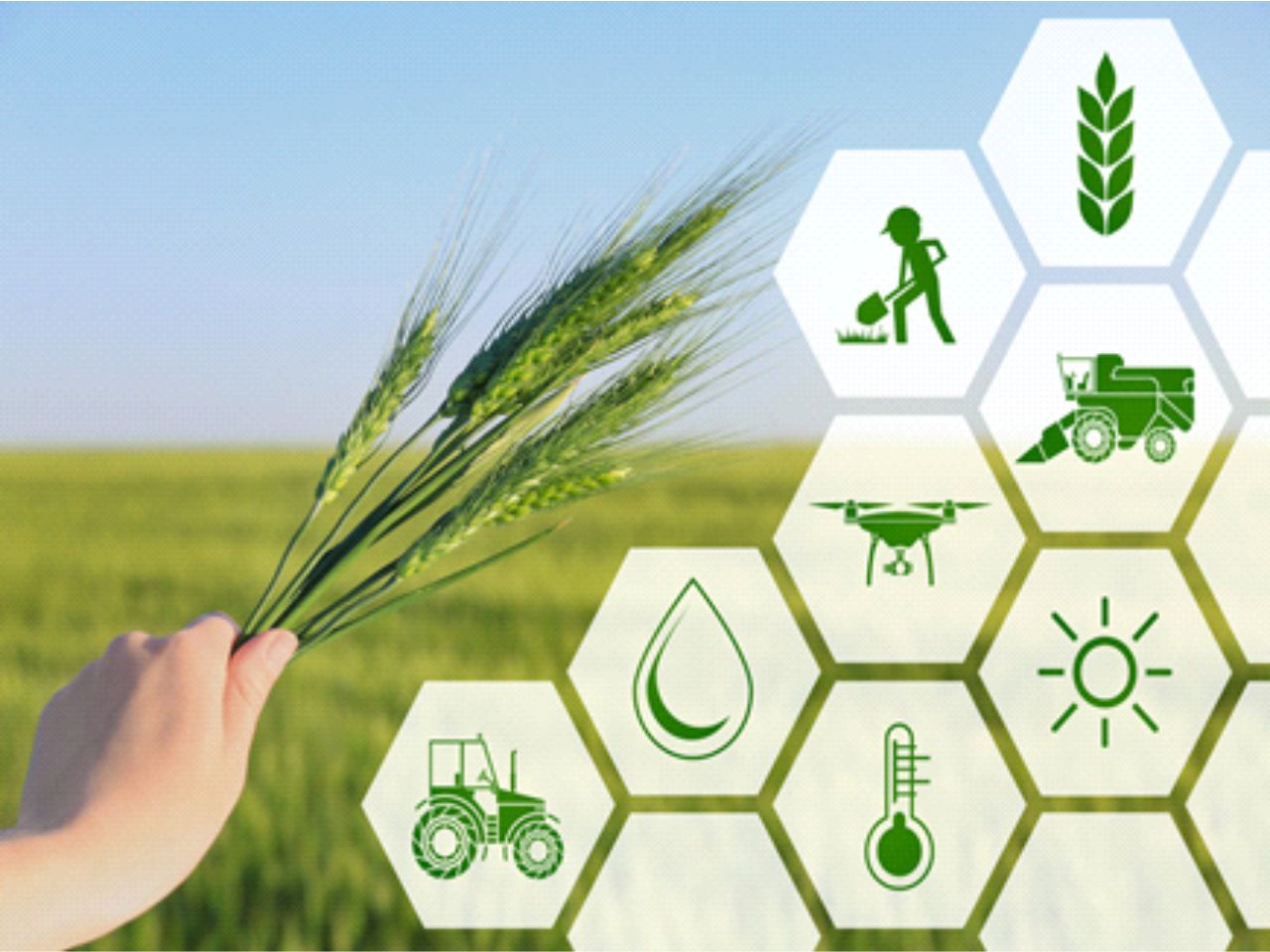
Agri-Business Management: A Change-Maker in the Indian Agricultural Sector
Agri-Business Management: A Change-Maker in the Indian Agricultural Sector
Agri-Business is an area of commerce that involves the processing, warehousing, distribution, marketing, and retailing of the products used in agriculture. Agri-Business aims at streamlining farming operations so that the prices remain at equilibrium. It encompasses farm planning, weather forecasting, research, soil management, seed production, machinery, plant protection, crop nutrient management, harvesting, marketing of produce, storage, supply chain operations, financing, food processing, retailing, and much more. All the activities ranging from farm planning to get the food to the table are a part of Agri-Business.
Agriculture is the primary source of livelihood for about 58% of India’s population. Gross Value Added by agriculture, forestry, and fishing was estimated at Rs. 19.48 lakh crore (US$ 276.37 billion) in FY20. The share of agriculture and allied sectors in gross value added (GVA) of India at current prices stood at 17.8 % in FY20. Consumer spending in India will return to growth in 2021 post the pandemic-led contraction, expanding by as much as 6.6%. Currently, the agricultural sector is of high commercial importance and has evolved from low-level farming to commercial farming. In India, out of the total food products, only 14 percent is processed and about 35 percent of the food is expended during packaging and Tran’s portion. This led to the growth of a new sector called Agri-Business which has generated the need for skilled Agri-Business professionals. It has made Agri-Business management a hot career option for the youth.
In India, about 20 to 30 percent crop is wasted each year due to spoilage, floods, pests, diseases, improper handling, and lack of awareness about post-harvest technologies. In a developing country like India, the Agri-Business sector has emerged as a field of prime importance.
The Indian food industry is poised for huge growth, increasing its contribution to the world food trade every year due to its immense potential for value addition, particularly within the food processing industry. Indian food and grocery market is the world’s sixth-largest, with retail contributing 70% of the sales. The Indian food processing industry accounts for 32% of the country’s total food market, one of the largest industries in India, and is ranked fifth in terms of production, consumption, export, and expected growth.
The Indian food processing industry is expected to reach US$ 535 billion by 2025-26 on the back of government initiatives such as planned infrastructure worth US$ 1 trillion and Pradhan Mantri Kisan Sampada Yojna. The food processing industry employs about 1.77 million people. India is expected to achieve the ambitious goal of doubling farm income by 2022. The agriculture sector in India is expected to generate better momentum in the next few years due to increased investment in agricultural infrastructure. India is currently the world’s fourth-largest producer of agrochemicals. India is among the largest manufacturers of farm equipment like tractors, harvesters, and tillers. India accounts for nearly one-third of the overall tractor production globally. In 2020, the production of tractors in the country stood at 863,125 units, with sales of 880,048 units and exports of 77,378 units.
A career in Agri-Business can open doors to a plethora of industries such as farming, retail marketing, food processing, and food production. From livestock, farming to human nutrition, food production, Agri-Business covers a significant number of careers globally. On the other hand, an Agri-Business career in the government sector offers a way to many career opportunities that are different from those in the private sector. The degree holders can acquire managerial positions in the National Bank for Agriculture and Rural Development (NABARD). Another government organization that offers career opportunities to Agribusiness postgraduates is the Food Corporation of India (FCI).
Dr. Abhishek Kumar
Associate Professor
NICE School of Business Studies
